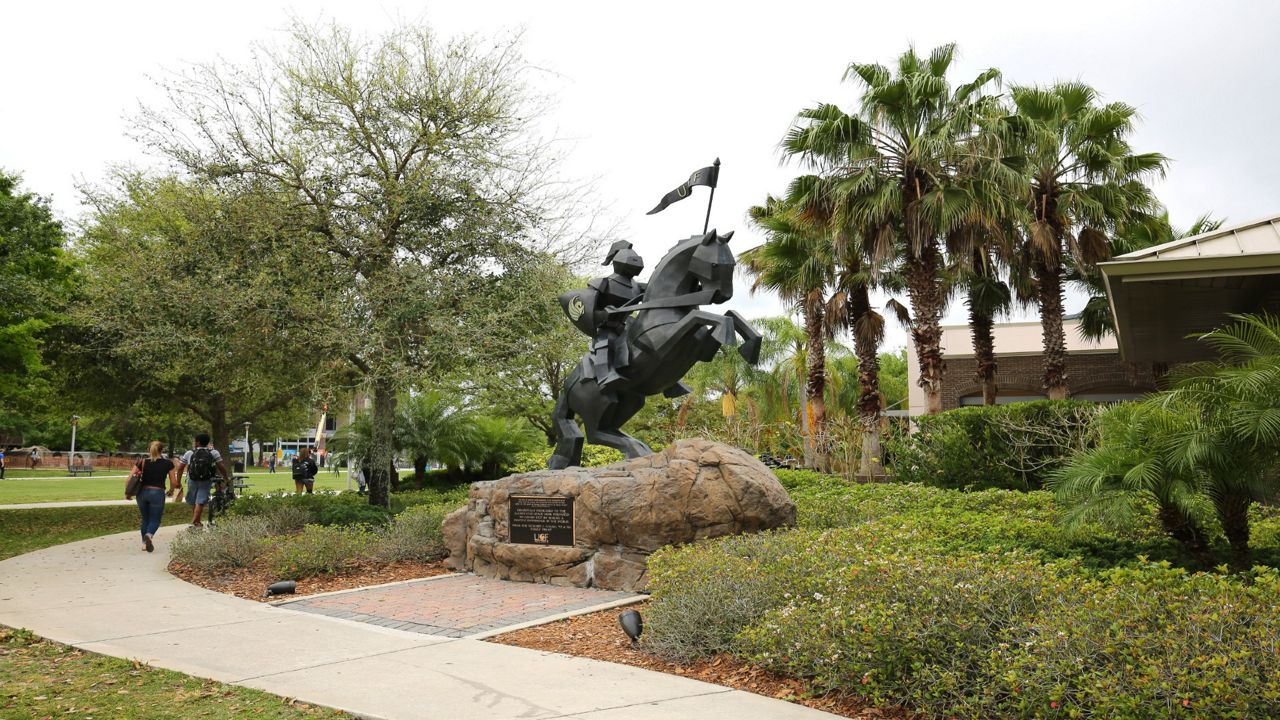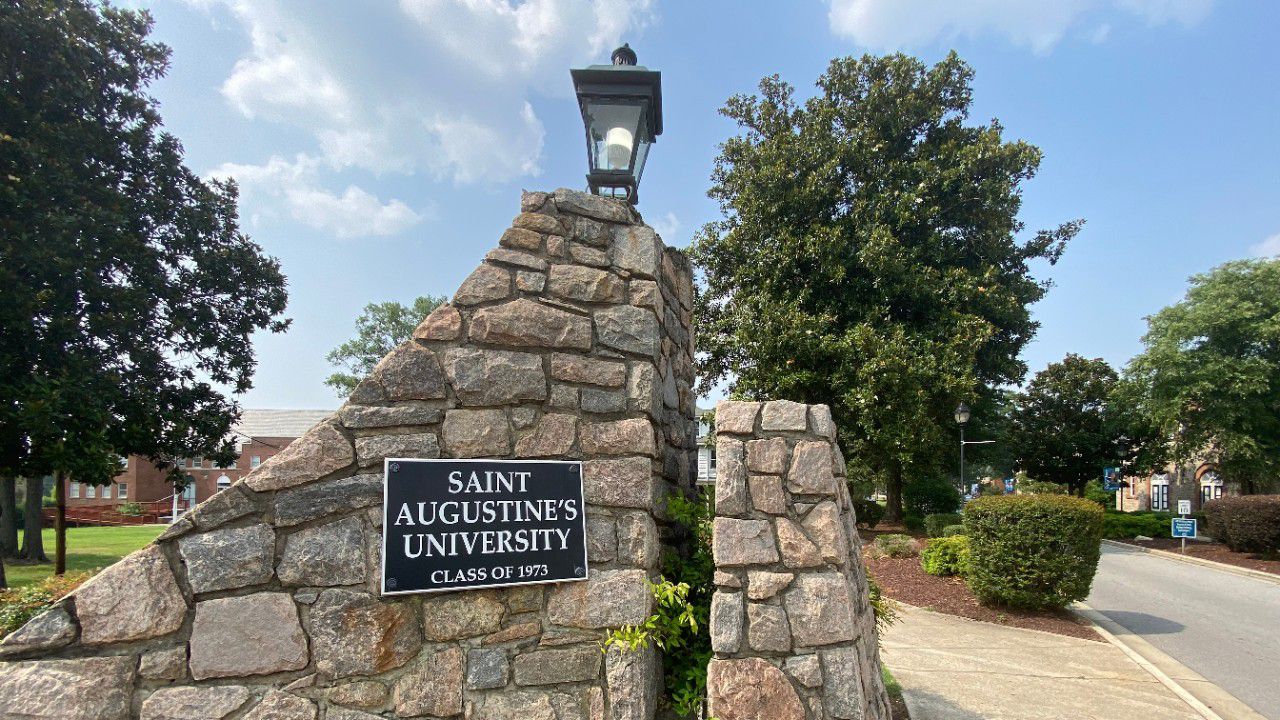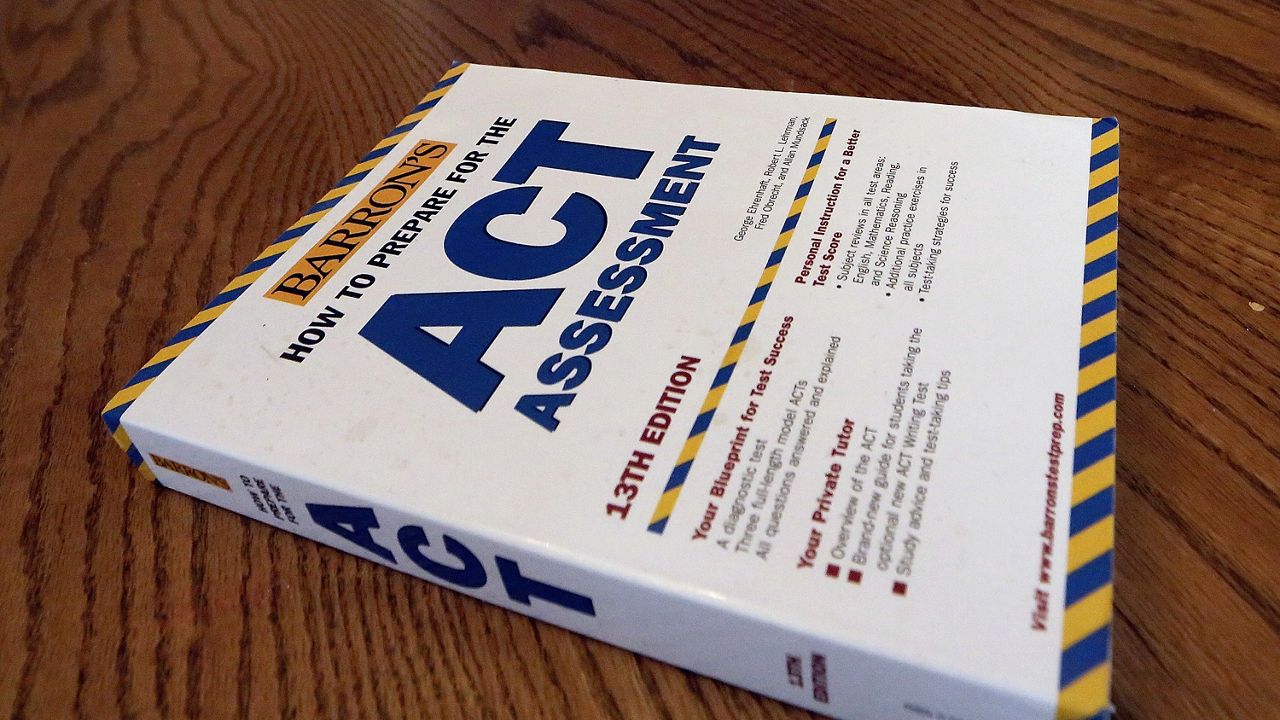WASHINGTON, D.C. — Eighteen-year-old Elnoel Akwa is working toward a career in engineering. He came to Kentucky from Cameroon in Central Africa 11 months ago after his uncle who lives in America encouraged him to attend his alma mater, Bluegrass Community and Technical College in Lexington.
Slated to finish with an associate's degree in the spring and with plans to transfer to a four-year institution like the University of Kentucky or Kentucky State University, Akwa says people underestimate the value of a community college education.
"Most friends I have in bigger colleges, they wish to have the services my college specifically provides, like peer tutoring, a friend assigned to you to help you grow in the college. Especially for international students like me, this has been quite helpful," Akwa said.
Part of President-elect Joe Biden's plan for higher education includes "providing two years of community college or other high-quality training for any hard-working individual."
The proposal would not apply to foreign students on a visa like Akwa, who pays about $7,000 a semester in tuition, but the sophomore says he hopes Biden is successful in getting the policy implemented because he thinks there could be residual benefits for international students.
"In the long run, once they get used to it, it can lead to a reduction in tuition and an increase in grants," he said with optimism.
"Generally I think it's advantageous for many reasons. To begin with, I think it will decrease the unemployment rate and increase standards of living because, like, roughly 65% of jobs created in America require a post-secondary education and training above high school, so providing this education for students free of charge will help them secure better jobs and increase standards of living, not only for themselves but also for their communities," he added.
Julie Peller, the executive director of Higher Learning Advocates, says a federal free college plan is bold and expensive. Researchers estimate Biden’s education plan would cost taxpayers $49.6 billion in its first year. Peller believes the divisions in Congress will moderate the conversation.
"A federal free public college system has been on the docket since the Obama administration. The need to ensure a higher level of affordable higher education is critical. We know that having a college degree or certificate is really the ticket to economic security in this country," Peller said.
More than a dozen states have programs that allow for tuition-free community college, including Kentucky, but the Work Ready scholarship is only for students who are pursuing certain fields.
"Tennessee, which was one of the first states to really implement a wide scale-free college program, saw their enrollment skyrocket. It removes the appearance of a cost barrier," Peller said.
She suggests tuition-free community college will be more palatable for some than Biden's other education policy goals like partial student debt cancellation and tuition-free four-year public universities for students with family incomes below $125,000. Peller says it is also important to remember students have other costs to contend with beyond tuition.
"The one thing I'm concerned with is what will policymakers really mean by free. We know that tuition, particularly at community colleges, are only a part of the costs to go to college. There's transportation costs, childcare costs, materials, books, and these days, broadband access," Peller said.










